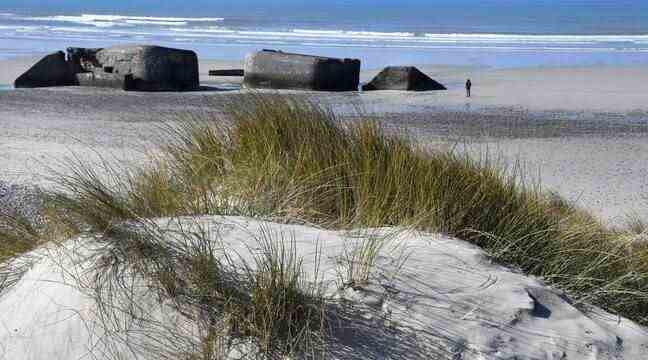It is a quiet little town nestled close to Audierne, in southern Finistère. For the past few weeks, the municipality of Tréguennec and its approximately 300 souls have found themselves at the center of an important debate around the lithium resource. This very light rare metal is highly sought after for the design of batteries, particularly in the automotive industry. It is also found in all our phones and other connected objects. In recent years, the global demand for this alkali metal has literally exploded, pushing countries around the world to probe their soils in search of white gold. In 2020, four countries shared the bulk of world production: Australia, which extracted 40,000 tonnes, Chile, China and Argentina.
In France, the government of Emmanuel Macron has also considered the question of its deposit, basing itself on a report drawn up in 2018 by the Geological and Mining Research Bureau (BRGM). “France must extract lithium on its territory”, explained last week at Les Echos the Minister of Ecological Transition Barbara Pompili. If the case of the commune of Tréguennec agitates the debate so much, it is because it has been identified as one of the most important French deposits, estimated at 66,000 tonnes by the BRGM. Since these announcements, the elected officials of Finistère are worried and hammer the same speech. “Tréguennec and Pays bigouden are not for sale. Not even for all the white gold in the world. There will be no extraction mines here”, decided the mayor of Tréguennec Stéphane Morel in an interview given to Telegram.
During a visit to the site, the Secretary of State for Biodiversity Bérangère Abba had shown herself to be more “open” evoking the need to “specify this discovery and its extent” before considering any drilling speaking of “balance” to be found between respect for the environment and mining interests. According to the BRGM, the lithium deposit would be 100 m deep at the level of the old quarry of Prat-ar-C’hastel. Should we consider exploiting this resource in this nature reserve classified as Natura 2000 and a wetland of international importance?
This Thursday, the question was invited in the hemicycle of the regional council by the voice of Christian Guyonvarc’h (Breton Democratic Union). The elected official would like a “truly democratic debate” involving the population to be open. But above all that the region and the local communities are consulted by the State on the question. “We must not give in to the dictatorship of carbon”, hastened to respond Delphine Alexandre, vice-president of the region delegated to water and biodiversity who says she is “extremely reserved” on an extraction project. Questioned by our colleagues, the president of the region took the same path. “In this space, in the next ten, twenty, thirty years, we must not touch it”, said the socialist Loïg Chesnais-Girard to Telegram.
It must be said that this part of the Bigouden country is wild and particularly fragile. In December, the regional council had even created a regional nature reserve in order to protect the dunes and marshes. “More than a thousand species have been identified, including 25 species of birds considered to be priorities as well as many plant species”, argues Christian Guyonvarc’h. Will the environment and biodiversity be able to compete against the soaring price of white gold? In one year, its index has jumped 350% according to the Benchmark Mineral Intelligence.

